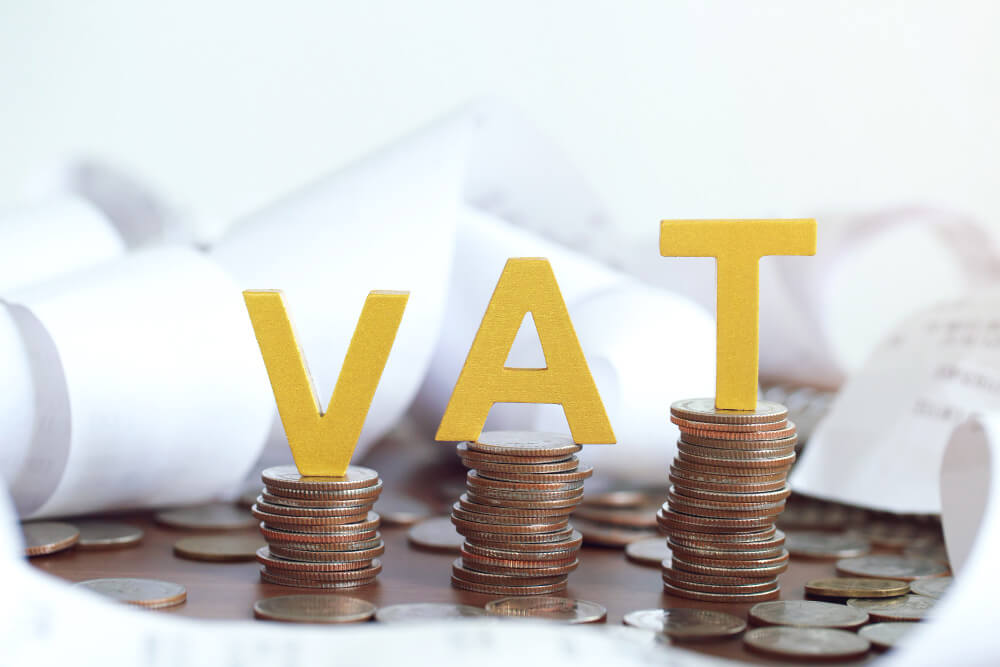The blockchain-based cryptocurrency is one of the most incredible technological breakthroughs since the rise of the internet, which is changing the game of investors and businesses worldwide. The new financial asset class, cryptocurrency, has been gaining popularity since 2009 and has a current value of over $1 trillion globally per coingecko.
This guide aims to provide a detailed analysis of cryptocurrency’s basics and keep you from incurring hefty losses. Let us go through the following points in the blog:
Table of Content
- What is Cryptocurrency?
- Cryptocurrency vs traditional currencies
- What are the properties of cryptocurrency?
- Are cryptocurrencies legal?
- How does cryptocurrency work?
- What is Cryptocurrency mining?
- What is Cryptocurrency trading?
- How are cryptocurrencies taxed?
- Is cryptocurrency a good investment?
- Conclusion
What is Cryptocurrency?
Cryptocurrency is decentralised digital money used, stored, and traded over the internet. Bitcoin, launched in 2008, is the first cryptocurrency and is by far the most influential and well-known digital money. The primary goal of introducing digital currency into the market was to eliminate central banking authority.

Several companies are indulging in the world of crypto for their innovative concepts, like Libra Cryptocurrency of Facebook and Tesla’s investment in bitcoin.
There are more than 21,000 cryptocurrencies presently. Some popular cryptocurrencies by market capitalisation are Bitcoin, Litecoin, Ethereum, Cardano, and others.
Cryptocurrency vs Traditional currencies
The traditional currency system used paper money, plastic money and other commodities as the medium of exchange. A centralised hub-and-spoke system is responsible for managing traditional currencies. You may face technical issues while transferring money or getting your account hacked due to a lack of security and other problems that depict a central point of failure.
Crypto aims to remove these intermediaries and eliminate modern-day banking issues. Cryptocurrencies are decentralised digital money with improved cost-effectiveness and advanced customer accessibility.
What are the properties of cryptocurrency?
A few properties of cryptocurrency are:
● Transferability: Crypto allows seamless transactions between people irrespective of demographic boundaries.
● Privacy: Paying with Cryptocurrency protects your financial information from sharing with third parties like banks, advertisers, or other agencies.
● Security: Every Cryptocurrency uses a blockchain technology that provides utmost security by constantly checking and verifying with a massive amount of computing power.
● Portability: Your cryptocurrency holdings aren’t attached to any financial institution or government, which means you can access them anywhere.
● Transparency: Every transaction related to cryptocurrency is made public, and there remains no room for manipulation or fraudulent activities.
● Irreversibility: cryptocurrency payments are irreversible. It reduces the chance of being defrauded for merchants and eliminates the high processing fees of credit cards for customers.
● Safety: The primary features of cryptocurrencies make them safe. The permissionless systems and open-source software allow countless computers and cryptographers to examine every aspect of the network and maintain crypto security.
Are cryptocurrencies legal?
Buying and selling cryptocurrency is legal in the UK. However, their legality differs from country to country.
The rules of HMRC indicate different tax policies for the capital gains made on crypto investments. These indications guarantee mining and trading of cryptocurrencies is legitimate in the country.
You can hire an expert cryptocurrency accountant to help you make investments safely and conduct your business efficiently.
How does cryptocurrency work?
Cryptocurrency operates with complicated blockchain technology, which means Distributed Ledger Technology. It removes the interference of a third party from the cryptocurrency system.
A blockchain keeps track of every cryptocurrency transaction on the DLT-shared database. That database consists of several transaction information known as blocks.
The blocks keep adding to the database forming a linear chain on every transaction made in the system. Everyone in the chain must verify a transaction before adding it, which means the chain is highly secure. Additionally, blockchain technology allows real-time ledger updates and accessibility to the parties involved in the transaction and ensures the ledgers are uniform and up-to-date.
Each crypto coin has a unique code provided by cryptography technology. It is an encryption and decryption technique using computer-generated algorithms like SHA-256, preventing any third-party interference with malicious purposes.
What is Cryptocurrency mining?
Cryptocurrency mining is a process that verifies and adds new blocks to the blockchain for a cryptocurrency using the proof-of-work method.
Miners use their computing powers to solve complex mathematical puzzles to verify cryptocurrency transactions and add them to the blockchain. The first competitor to successfully solve a puzzle and validates transactions on each block receives a set of coins as a reward.
A miner digs for new cryptocurrencies in cryptocurrency mining instead of mining gold or coal.
What is Cryptocurrency trading?
Crypto trading is a process of speculating cryptocurrency price movement through a CFD trading account, spread betting or buying and selling coins on a crypto exchange.
CFD trading on cryptocurrency
CFD trading derivatives allow you to postulate cryptocurrency price movements without gaining ownership of the underlying coins. You may buy or sell coins when trading by guessing their rise or fall in value.
The buying and selling of coins require you to put up a small deposit known as a margin to experience total exposure to the underlying cryptocurrency market.
Buying and selling cryptocurrency via an exchange
While trading cryptocurrencies via an exchange, you can purchase coins yourself. However, you need to have a digital wallet and an exchange account, assign asset value, and store tokens in the wallet before selling them.
Crypto exchange can be difficult, and you need to have a stronghold of technology and knowledge to make sense of the data. Certain exchanges may have deposit limitations and involve expensive maintenance costs.
How are cryptocurrencies taxed?
The taxation policy follows your business dealings with cryptocurrency. For example, if crypto coins are a part of your business operations, the income tax rule of HMRC is applicable. Whereas, if you hold a cryptocurrency as an asset or an investment, the profits earned are subject to capital gain tax rules.
It is high time to hire a cryptocurrency advisor to help you understand the tax rules and check your eligibility for any deductions.
Is cryptocurrency a good investment?
As investing in cryptocurrency is risky, many investors invest a small percentage of their overall portfolio. You can manage risk by diversifying your crypto portfolio with various cryptocurrencies though, in reality, price movement is highly correlated.
Their prices fall and rise at different rates and times. So, by investing in other products, you can protect yourself from more significant losses from an investment.
Businesses investing in cryptocurrency can make massive profits with value fluctuations and build business capital with ICOs (Initial coin offerings) to develop crypto technologies and create blockchains.

Conclusion
The popularity of cryptocurrencies is growing faster and can replace traditional fiat money in the future. However, you need to consider several factors, have a good grip on technology, and understand cryptocurrencies before investing.
It is better to consult a financial advisor with experience in the crypto market and understand your eligibility, opportunities, risks, and other concerns regarding cryptocurrency investments.









